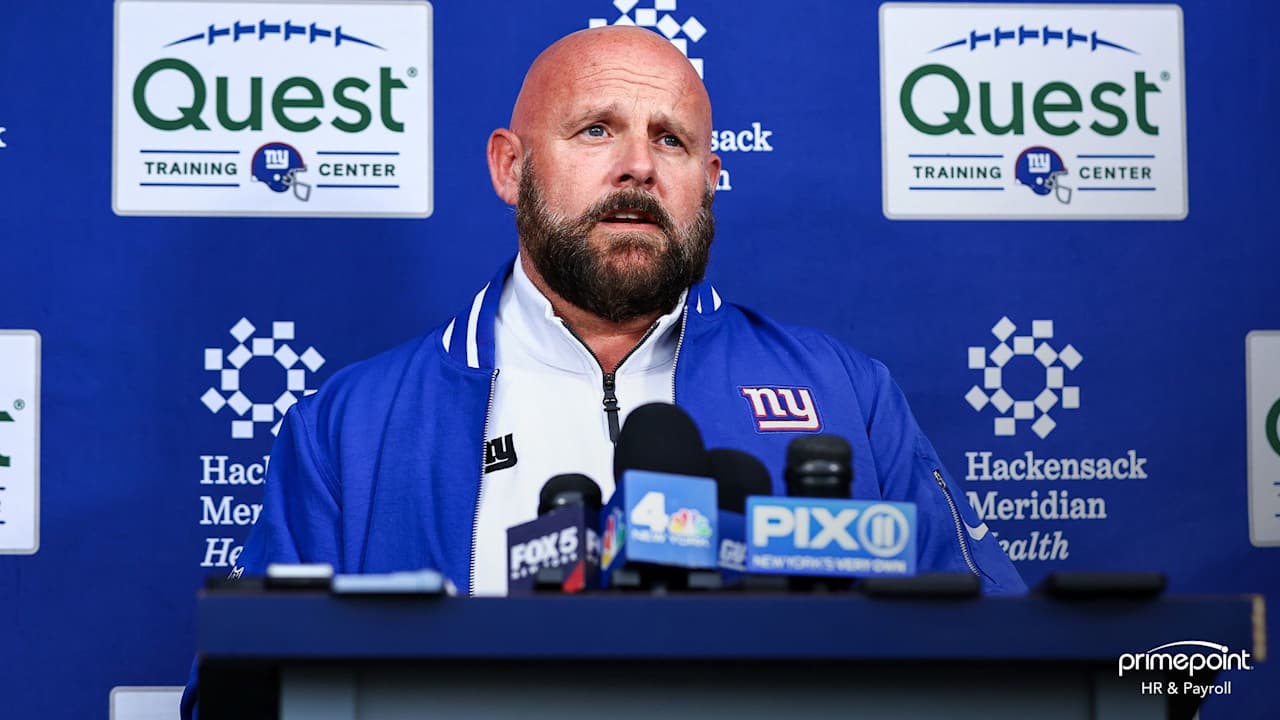World
Queen Rania of Jordan defends anti-Israel push on campuses: ‘They are protesting for justice’

Queen Rania al Abdullah defended the spate of anti-Israel protests sweeping campuses across the US, arguing that the students simply want peace and justice.
“To vilify them as being, you know, pro-Hamas or pro-terrorism or antisemitic — I think that’s inaccurate, And I think it’s somewhat patronizing,” Rania told CBS’ “Face the Nation” in an interview that aired Sunday.
“A lot of them are well-read, thoughtful young individuals who know exactly what they’re protesting. They are protesting for justice.”
Lawmakers on Capitol Hill have bristled at the protests, highlighting a number of harrowing antisemitic instances on campuses and reports that Jewish students are afraid to go to class in the face of massive anti-Israel tent camps.
But Rania contended it’s unfair to “paint all these students and all these protests in a broad paintbrush.”
“Let’s not forget that there are a substantial number of Jewish students who are involved in these protests. And the vast majority of these protests want to be peaceful, they don’t want to be destructive,” she argued.
Rania, the wife of Jordan’s King Abdullah II, is Palestinian and has been vocal critical of the Israel-Hamas war since Israel launched it last October following the slaughter of 1,200 people by Hamas in a surprise attack.
However, she acknowledged that antisemitism is surging and urged Muslims around the world to take charge and help fight it.
“Antisemitism is absolutely present. And it’s been on the rise, it’s been on the surge. And it is the worst kind of bigotry, it is pure hatred,” she said.
“Muslims have to be at the forefront of fighting antisemitism, because Islamophobia is the other side of the same disease, and it’s also on the rise.”
She argued that many in the Muslim world are watching disturbing images come out of Gaza and said that criticizing the war “is not antisemitism,” but rather “speaking against Israeli policy.”
“If Palestinians hate Israelis, it is not because of their religion, or their identity, it’s because of the fact that they’ve only interacted with them as enforcers of a military state,” she said.
Jordan, which shares a border with Israel, inked a peace treaty with its neighbor in 1994. But relations between the two neighbors have deteriorated since October.
Israeli Prime Minister Benjamin Netanyahu reiterated his commitment last week to forge away with a military operation in the southern Gazan city of Rafah.
Rafah is a refugee-dense city with an estimated 1.5 million Palestinians, many of whom have fled Israel’s intense bombing campaign and fighting throughout the rest of Gaza that has left most of the territory in ruins.
Many Palestinian refugees are now crammed in tents in the southern city.
Netanyahu claims that Rafah is the last remaining major stronghold of Hamas and that the war cannot end until Israel has finished off the terrorist group there.
Rania suggested that an invasion of Rafah would dramatically harm Jordan’s relationship with Israel, but also stressed that “Jordan always honors the commitments that it signs up to in peace agreements.”
She seemed unconvinced that President Biden’s entreaties to Israel against going into Rafah without a credible plan for civilians would be heeded.
“We’ve seen time and again, Israeli officials, not heeding the warnings or counsel or advice of allies,” she said.
“I think it’s time that the international community, including the US, really use this political leverage to compel Israel to end the war and to let aid in.”









